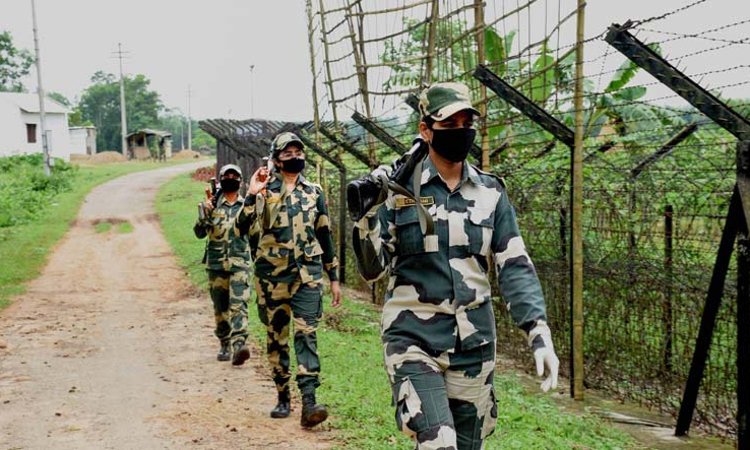Calcutta High Court Seeks Centre's Response In Plea Challenging Expansion Of BSF Jurisdiction In West Bengal
Aaratrika Bhaumik
14 Dec 2021 6:30 PM IST

Next Story
14 Dec 2021 6:30 PM IST
The Calcutta High Court on Tuesday sought response from the Central government in a Public Interest Litigation (PIL) petition challenging the Central government's power to decide the jurisdiction of the Border Security Force (BSF). The petition challenges Section 139(1) of the Border Security Force Act, 1968 (BSF Act) for being ultra vires to the Constitution to the extent that it...
